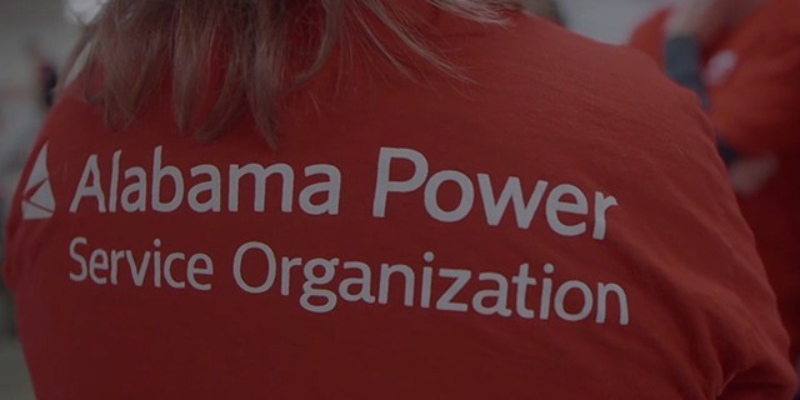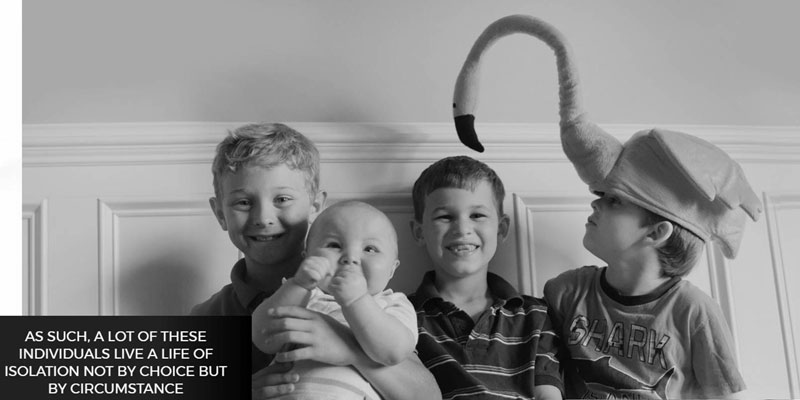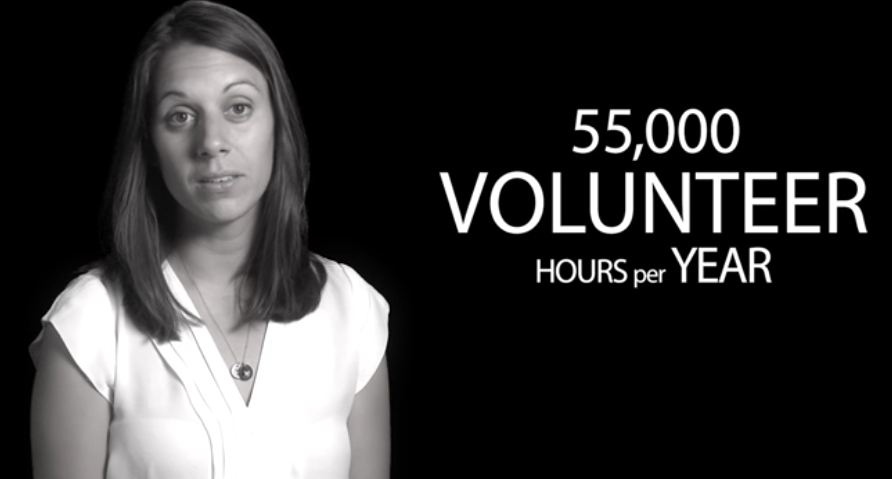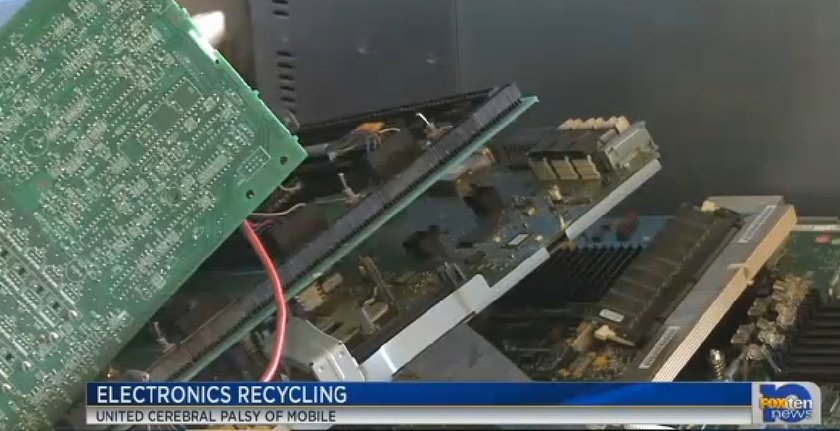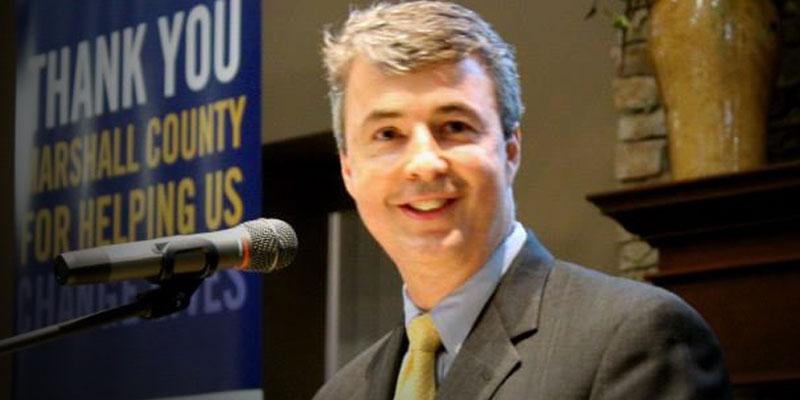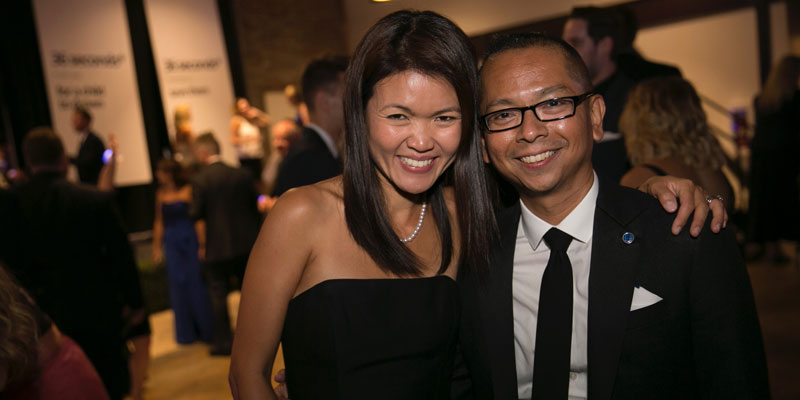
The lives of Julian Maha and his wife, Michele Kong, were forever marked when their son was diagnosed with autism at the age of four in September 2011. Though Julian and Michele are both physicians, at the time, they had little insight into practically coping with this challenging developmental disability or seeing the world through their son’s eyes. What they quickly learned, however, was this diagnosis was not a stroke of bad luck but a crucible of love that would forever change them—and untold numbers of families like theirs—for the better.
Nevertheless, such paths are rarely straight or easy, and the Maha’s was no exception. Like so many others, their son’s outward appearance doesn’t indicate that he’s autistic. For this reason, when his disability is manifested in public, bystanders are often taken aback, having no idea his actions are driven by very real medical causes.
Julian describes one such moment:
- One day, I was at the barber’s alone with my son dealing with the full force of his meltdown. The kicking was one thing, but the screaming was piercing and at the top of his lungs. He was upset because he was getting his hair cut. Months later, I would find out that the sensation of hair falling down on his shoulders was akin to multiple paper cuts all at once. In the middle of this meltdown, all of a sudden, a woman there grabbed my son and shook him, yelling at me in the process: “Don’t you know how to take care of your child?!?” It was at that moment that I realized that what we as a community need is not just awareness but acceptance.
Excruciating but enlightening moments like these ignited a passion in Julian to help people better understand autism and learn to embrace it with the kindness, patience, and acceptance it deserves. Moreover, he and Michele wanted to provide others with helpful ways to cope with autism spectrum challenges in their everyday lives.
Their effort began by simply sharing their story on social media. Their accounts were so compelling they were virally embraced, and the Mahas quickly knew they had to use this God-given platform to help others. The result was the innovative, Birmingham-based international nonprofit KultureCity.
Since that time a short five years ago, KultureCity has made a difference for an astounding 15,000 children, and they’re not slowing down anytime soon. The organization’s overarching focus is to increase accessibility for autistic children that leads to their acceptance! With the wholehearted support of celebrities from former NFL star Tiki Barber to Fox News host Kimberly Guilfoyle, KultureCity has grown into a change-agent at levels the Mahas couldn’t have imagined five years ago.
While KultureCity’s creative programs are too numerous to name, two are far too remarkable not to mention.
One is LifeBoks—packages with technology that tracks autistic children who are prone to wander from home, often heading straight to dangerous water. While the water calms them, it also claims far too many of their precious lives. For this reason, LifeBoks are true to their name, literally saving lives daily.
Another of KultureCity’s thoughtful initiatives is certifying sensory-friendly environments that allow overstimulated autistic children to unwind and regroup. For example, if these children find themselves coming undone in a noisy crowd, a quieter environment will calm them. To that end, KultureCity developed “Sensory Bags” with useful tools like noise-cancelling headphones, fiddle cubes, stress balls, and other goodies that tremendously help to unwind overstimulated, autistic children.
Two places right here in Alabama that have earned the KultureCity certification are the Birmingham Zoo and the McWane Science Center. Moreover, Quicken Loans Arena—home of LeBron James and the Cleveland Cavaliers—will today become the first NBA arena to be certified as sensory inclusive by KultureCity. In addition to Sensory Bags, the Q will have trained event staff and a Quiet Space Sensory Room where fans can go to decompress. Not only will this serve autistic children, veterans with PTSD and the aging with dementia will also benefit from these forward-thinking accommodations.
This article is far too short to do justice to the impact KultureCity is having. Nevertheless, one thing was clear in our visit with Dr. Maha: KultureCity isn’t about him. To the contrary, it’s solely about giving hope to discouraged families, showing love to autistic children, and creating the culture of acceptance they deserve. As he concluded:
KultureCity isn’t the work of any one person, or any few people, but many thousands of families who’ve worked tirelessly for acceptance and a better future for their children. Families who have fought school systems for their children to be educated, doctors for their children to be treated, establishments for their children to be attended to: these families are the backbone of KultureCity.
They are indeed, and we hope you’ll do your part to come alongside these families and forward the mission of this incredible organization. Call KultureCity today at (205) 291-3288, or visit their website at kulturecity.org to spread the love these delightful children deserve.
Ranked Microsoft’s Top 10 Charities of 2015






